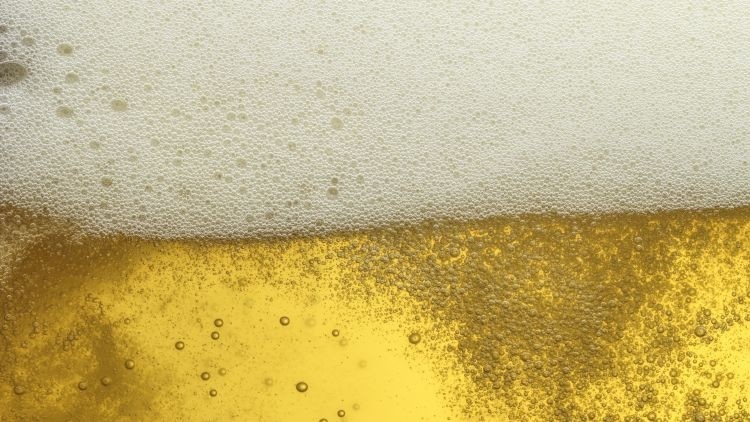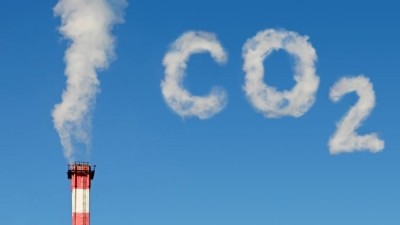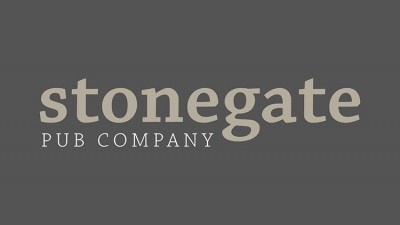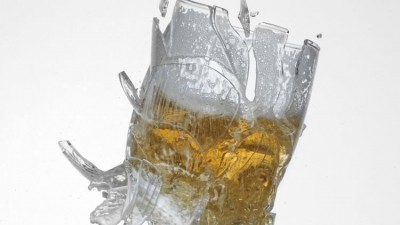Pubs face new CO2 shortage that could be worse than 2018 crisis

Trade associations say they are monitoring the situation, which could affect supplies of both food and drink products.
In 2018, a CO2 crisis saw brewers affected by the shortage while licensees feared they may have had to stop draught beer due to the shortage.
Emma McClarkin, chief executive of the British Beer and Pub Association, said: "We are aware of other sectors affected by some disruption in the availability of CO2. We will be keeping a close eye on the situation in case it threatens to impact brewers and pubs in the UK. We are liaising with suppliers to understand the extent of the situation, but pub goers should rest assured there is plenty of beer to go round.”
James Calder, SIBA chief executive, said that this shortage won’t have an immediate impact on cask beer but but for the increasing number making keg, bottled or canned beer it will come as an additional worry.
“Two thirds of the beer that small independent brewers produce is sold as cask beer, which has a naturally occurring carbonation and does not rely on added CO2, but as more and more brewers have shifted production to bottled and canned beer to capitalise on drink-at-home sales during Covid the impact could be greater than in the past,” he said.
“The shortage comes as an additional and unwelcome challenge for small brewers trying to recover from the impacts of the Covid-19 pandemic.”
Meat production
Meat production and food supplies could face disruption within 14 days as the country faces an impending CO2 shortage, the British Meat Processors Association (BMPA) has warned.
The organisation has said that the crisis that is unfolding this year looks to be a lot worse than the last one in 2018. The BMPA said the issue has arisen because of the closure of two UK fertiliser plants in the UK, which produce the CO2 as a by-product.
“An acute CO2 shortage could affect the hospitality sector as crucial products like pork and poultry would be in short supply if processors have to stop slaughtering. It will affect both retail and out of home alike,” said Nick Allen, CEO of the BMPA.
Industry in crisis
“This crisis highlights the fact that the British food supply chain is at the mercy of a small number of major fertiliser producers (four or five companies) spread across northern Europe. We rely on a by-product from their production process to keep Britain’s food chain moving.”
He added: "This time, we’ve had zero warning of the planned closure of the fertilizer plants in Ince and Stockton-on-Tees and, as a result, it’s plunged the industry into chaos.'
British Soft Drinks Association director general, Gavin Partington said: “Any local shortage of CO2 risks impacting a wide range of businesses across the food and drink sector. Drinks producers in the UK are monitoring the current situation and have plans in place to help maintain their service to customers including working with CO2 suppliers to mitigate any possible impact as well as looking at alternative sources.”
While Rachel Dobson, managing director of buying specialist Lynx Purchasing, said: “The supply chain is already fragile due to factors we’re all aware of. These include the labour shortage; high fuel and transport costs; ongoing Covid disruption; and the post-Brexit import challenge.
“Anything that adds to the problems is obviously very unwelcome. We’ve had short-term CO2 shortages before and although they’re disruptive, they’ve been resolved quickly. A longer-term issue, especially any problems for meat suppliers in the run-up to the peak Christmas trading season, has the potential to cause hospitality operators real challenges.
“We’re closely monitoring the situation on behalf of the operators we work with, and, as always, our advice to operators is to keep talking to suppliers, so that at least they’re aware of any shortages or delays to orders with enough time to plan.”






